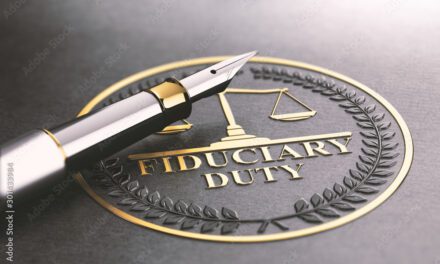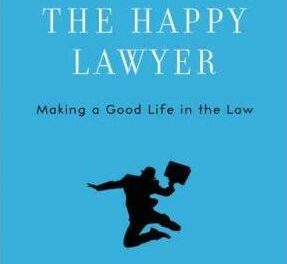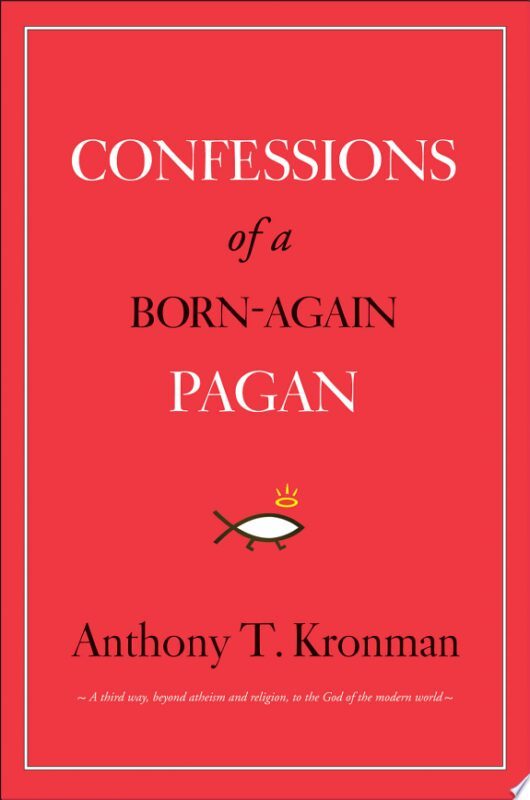Michigan Criminal Defense Lawyer Screws Own Partners Out Fees to Be Shared
*Michael Sean Quinn(See Below)
All or virtually all of legal ethics derive from the fact that lawyers (“Ls”) are fiduciaries of their clients, and not just in fragmentary ways. . . not just in little, this-and-sorts of ways. Ls are to be conceived as fiduciaries of their clients in systematic, general, through-and-through, easily expandable ways.
This is partly why, for example, Ls’ mishandling client funds is so sinful. Of course, everyone is supposed to refrain from steal from someone else, but if a lawyer has charge of a client’s money, the money has been entrusted to him. He is the trustee of that money. If L takes that money, it’s worse than a simple theft. Maybe it’s the worse of all thefts. But this “sin” spills over on to all parts of the L and client relationship.
If L is in charge of some of the client’s money L is the client’s fiduciary in several other ways, as well. If the lawyer abuses the trust of the client by taking his money he undermines and destroys all the other ways he is the client’s fiduciary. In addition, in idealistic terms, every lawyer to some extent exemplifies all other lawyers. This is what it is to be a trusted profession. The misconduct of L#1 can undermine the trust of the public in the entire profession, or large parts of it anyway.
The stability, welfare, and honor of a society depends upon its legal system, and the functioning and status and trustability of the legal system depend on the lawyers. That may be why people like to hate lawyers; society and therefore the members of society depend on them for a deep kind of welfare, and the trust can be undermined. When a lawyer “sins” big, the profession is smirked. If the profession is injured, the legal system as well. If it is harmed, the skeleton of society is as well, and–as even children intuitively realize–is not a good thing.
For this reason, the legal profession needs to have the reputation for ferreting out and either punishing or expelled its own. In a matter this large scaled and this important the existence of a good reputation depends to a considerable degree on what is true, not just what is said.
These philosophical points bring us to this remarkable story. It looks like a well-known, Mr. Solid Citizen-type criminal defense lawyer in Michigan, Lm, received payments from clients for legal services and then kept them for himself as opposed to sharing it with his general partners. This was not a law firm apparently, in which the term “partner” was just a term of speech. It was a word with real meanings.
If X is an actual and real partner of Y they are legal agents and hence fiduciaries of each other within the limits of the partnership arrangement. Hence when Lm received money from clients and did not share it with his partners there were two fiduciary relationships sitting next to each other. One was honored and one was pissed off and shat upon. The second one–the destroyed one–is closely related to the first.
Obviously what happened here is a crime by a lawyer. But what else is it? The array is substantial. My favorite is breach of fiduciary duties, as I’ve aleady explained, but it is also obviously a breach of contract.
What is a client likely to say if s/he realizes what has happened? Try this: “If he’ll do it to his brothers and sisters, he’ll do it to me. He’s dangerous scum, a snake, and they’ve let it pass! Fore-shame!!” We can run a stable and honorable society like that.
What I have written here involves an assumption. I have assumed that the client was not in on it with the lawyer. If that assumption were true, the client would be a conspirator, in on the crime. But why would such a client do such a thing. Why not just take a discount?
*Law Office of Michael Sean Quinnand
Quinn and Quinn
*Law Office of Michael Sean Quinn
and
Quinn and Quinn
1300 West Lynn #208
Austin, Texas 78703
(Resumes Attached to Website: www.michaelseanquinn.com)
(o) 512-296-2594
(c) 512-656-0503







Recent Comments